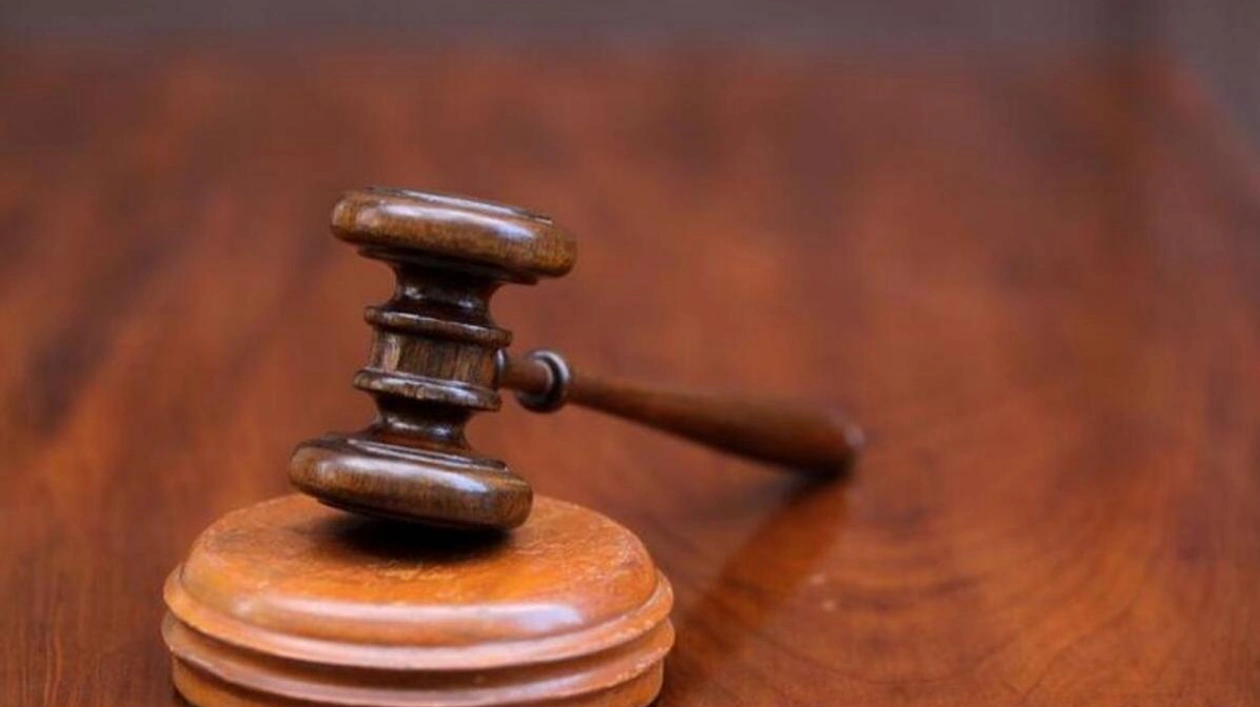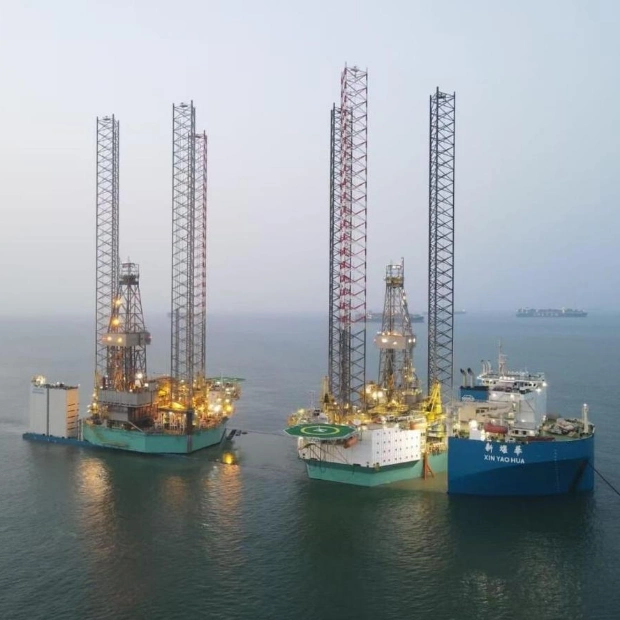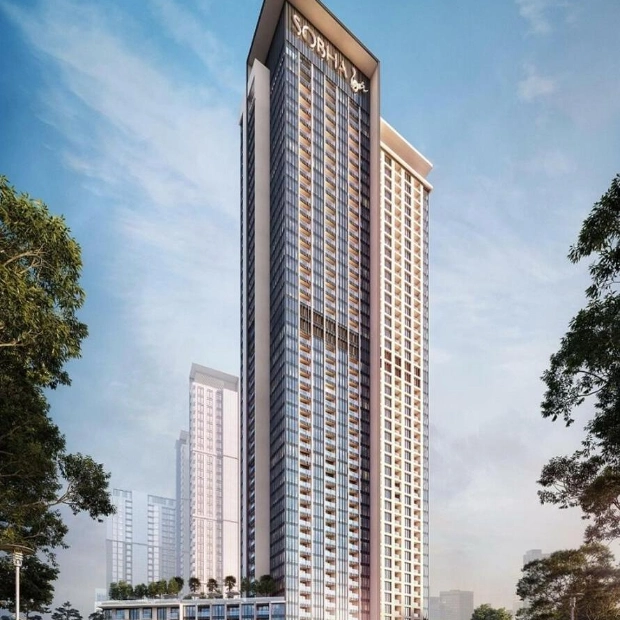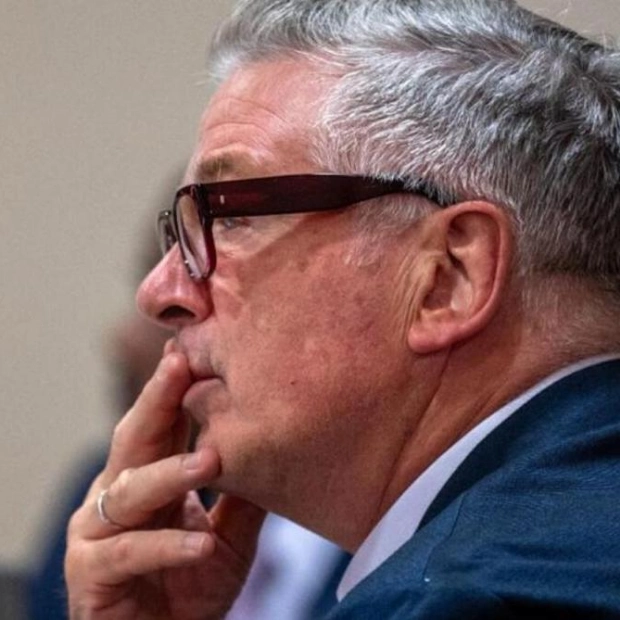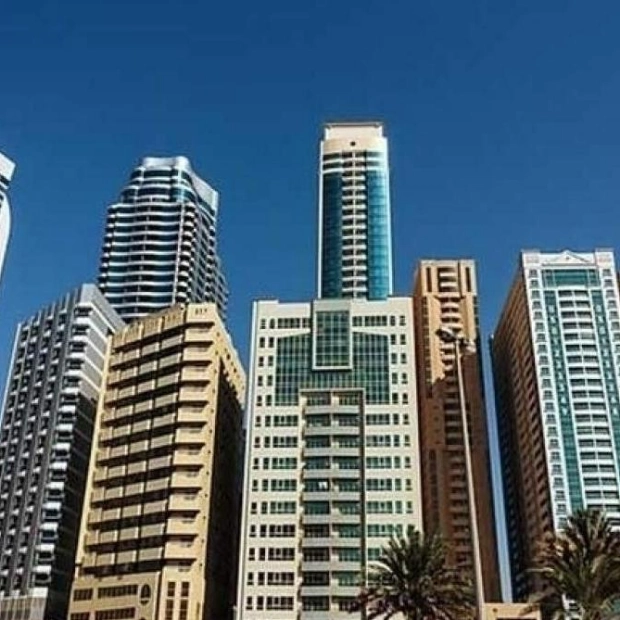Judges at the top UN court declared on Friday that the situation in Gaza had worsened since their last directive for Israel to take immediate action to alleviate the humanitarian crisis there. They also instructed Israel to cease the Rafah military offensive.
Delivering a ruling by the International Court of Justice or World Court, the president Nawaf Salam stated that the provisional measures imposed by the court in March did not comprehensively address the current situation in the enclave.
Salam read the court's decision regarding a plea to compel Israel to halt its offensive in the southern Gaza city of Rafah and withdraw from the enclave, filed by South Africa accusing Israel of genocide.
A panel of 14 permanent judges from various countries, along with an additional ad hoc judge appointed by Israel as a party to the case, gathered in the courtroom in The Hague. Outside, a small group of pro-Palestinian demonstrators displayed flags and played a rap song on a boom box advocating for a free Palestine.
Israel has consistently dismissed the accusations of genocide in the case as unfounded, contending in court that its operations in Gaza are acts of self-defense targeted at Hamas militants who attacked Israel on October 7.
An Israeli government spokesperson stated on the eve of Friday's ruling that "no power on Earth will prevent Israel from safeguarding its citizens and pursuing Hamas in Gaza".
Israel initiated its assault on the southern city of Rafah this month, causing hundreds of thousands of Palestinians to flee a city that had provided refuge to approximately half of the population consisting of 2.3 million people. Rafah, located on Gaza's southern border, has also served as the primary entry point for aid, and international organizations have indicated that the Israeli operation has isolated the enclave and increased the risk of famine.
Last week, South Africa's legal representatives urged the International Court of Justice (ICJ) in The Hague to enforce emergency measures, asserting that Israel's attacks on Rafah must be halted to ensure the survival of the Palestinian people.
The ICJ, also known as the World Court, serves as the highest U.N. body for adjudicating disputes between states. Its decisions are final and binding but have been disregarded in the past. The court lacks enforcement powers.
A ruling against Israel could intensify the diplomatic pressure on the government of Prime Minister Benjamin Netanyahu.
The chief prosecutor of the International Criminal Court, a separate court also based in The Hague, declared on Monday that an application for arrest warrants had been filed against Netanyahu, Defence Minister Yoav Gallant, and leaders of Hamas. Prosecutor Karim Khan accused Netanyahu and Gallant of crimes including extermination, using hunger as a weapon, and deliberately targeting civilians. Israel vehemently denied these charges and called on allies to reject the court.
South Africa's broader case at the ICJ accuses Israel of orchestrating a state-led genocide against the Palestinian people. The ICJ has not made a ruling on the substance of this accusation, a process that could span years, but has dismissed Israel's request to dismiss the case.
In prior rulings, the court directed Israel to prevent acts of genocide against the Palestinians and to facilitate the flow of aid into Gaza, but refrained from ordering a cessation of Israeli military operations.
Israel launched its air and ground offensive on Gaza after Hamas-led militants infiltrated southern Israeli communities, resulting in the deaths of 1,200 individuals and the capture of over 250 hostages, according to Israeli estimates. The health ministry in Gaza reports that more than 35,000 Palestinians have been killed in the offensive.
